Through sustained and expanding collaboration, capacity to realize our mission has continued to burgeon. Approaching the core of our mission from different angles, each collaboration has provided a unique route through which to lead, partner, educate, and serve to realize safe surgical care for all

Developed to help engineers understand and appreciate the needs and uses of technology in health care, the Engineers in Scrubs program helps biomedical engineers learn to navigate the interfaces among engineering research, medical research, clinical practice and product development. Students receive a significant portion of their training in hospital settings, and the program focuses on the medical technology innovation process.
Past projects include:
Environmentally sustainable self-molding cast
Detection of Humeral Shaft Fracture Non-union
Pavlik Haness / Harness for Developmental Dysplasia of the Hip
OR Suction for Low and Middle income Countries
Portable Video Goggles for the Assessment of Dizzy Patients
Thermal Cautery for Low-Resource Settings
Tourniquets for Low-Resource Hospitals
Colostomy Bag for Low-Resource Settings
Keratoconus Diagnosis Tool for Low-Resource Settings
Orthopaedic Traction Device for the Developing World
Phonation Device for Low-Resource Settings
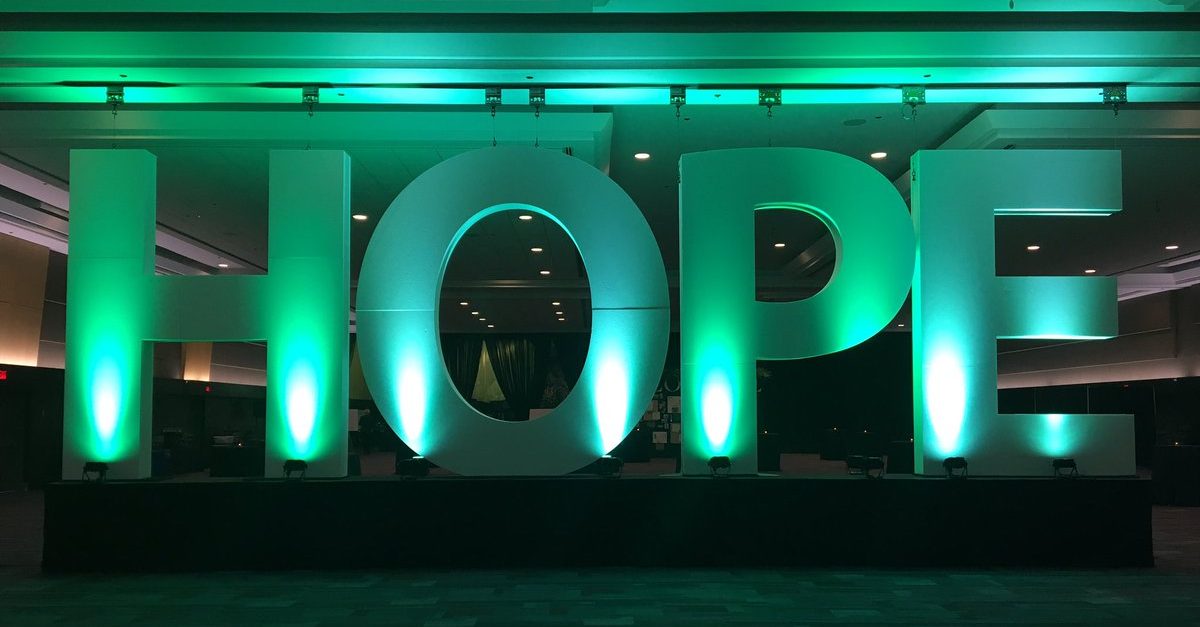
The BISC participated in the 2012 and 2017 Bring Back Hope Galas launched by Mr. Gary Segal, highly successful fundraisers that generated funds to provide for further spinal deformity surgeries and to address the high incidence of severe scoliosis in Ethiopia. The event is dedicated to the work of Dr. Rick Hodes, an American Internal Medicine specialist who for 27 years has served as the Medical Director for Ethiopia for the Joint Distribution Committee to treat patients suffering from spine disease. Since the inaugural event in 2012, the Branch has partnered with Dr. Hodes, providing opportunities for research collaboration and contributing to the sustainability of his work through training, education, and development of global health leaders.

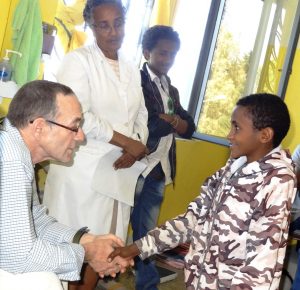 The Spine Deformity Program began in 2015 when its needs assessment reflected the absence of native surgeons providing advanced spinal surgery locally within Ethiopia’s public health system, with no Ethiopian surgeons providing deformity correction surgery for adults or children and no national or local programs in existence for detection of spinal deformity. With financial support from the American Jewish Joint distribution Committee (JDC), many Ethiopian patients travel to the Foundation of Orthopedic and Complex Spine (FOCOS) in Ghana to have surgery; Dr. Rick Hodes, working for the JDC also assesses many spine patients in Ethiopia. However, the number of patients with severe deformity requiring surgery greatly outnumbers existing support.
The Spine Deformity Program began in 2015 when its needs assessment reflected the absence of native surgeons providing advanced spinal surgery locally within Ethiopia’s public health system, with no Ethiopian surgeons providing deformity correction surgery for adults or children and no national or local programs in existence for detection of spinal deformity. With financial support from the American Jewish Joint distribution Committee (JDC), many Ethiopian patients travel to the Foundation of Orthopedic and Complex Spine (FOCOS) in Ghana to have surgery; Dr. Rick Hodes, working for the JDC also assesses many spine patients in Ethiopia. However, the number of patients with severe deformity requiring surgery greatly outnumbers existing support.
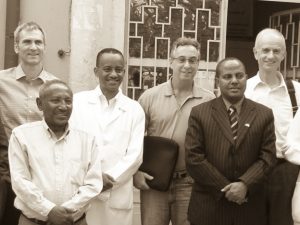
For a sustainable Ethiopian Spine Deformity Program, fundamental components include: (i) Full delivery of care by local Ethiopian professionals – requiring investment in education and mentorship; (ii) Support of the Ethiopian Ministry by the Branch and the JDC for delivery of national priorities and the program; (iii) Engagement with and leadership from local academic groups (Neurosurgery and Orthopedic Departments). Currently the program is growing with development of a Clinical Assessment tool and cell-phone based ‘deformity recognition’ screening tool; mentoring and training opportunities for bilateral clinical exchanges between UBC and Ethiopian trainees; continued relations with both Neurosurgery and Orthopedic Departments at Black Lion hospital; and collaboration enhancement between existing local expertise and the JDC-run spine program.
Project leaders: Chris Reilly, John Street
 Dr. Chris Reilly is the Head of the Department of Orthopaedic Surgery at BC Children's Hospital and Head of the Division of Pediatric Orthopaedics at the University of British Columbia. He completed his fellowship in Pediatric Orthopaedics at the Texas Scottish Rite Hospital in Dallas. He is a paediatric orthopaedic surgeon specializing in the management of paediatric trauma and spinal deformity. He is also the orthopaedic consultant to the Neuromuscular Clinic. His current research interests include functional and surgical outcomes surrounding pediatric trauma, spinal deformities, neuromuscular conditions and athletic knee injuries.
Dr. Chris Reilly is the Head of the Department of Orthopaedic Surgery at BC Children's Hospital and Head of the Division of Pediatric Orthopaedics at the University of British Columbia. He completed his fellowship in Pediatric Orthopaedics at the Texas Scottish Rite Hospital in Dallas. He is a paediatric orthopaedic surgeon specializing in the management of paediatric trauma and spinal deformity. He is also the orthopaedic consultant to the Neuromuscular Clinic. His current research interests include functional and surgical outcomes surrounding pediatric trauma, spinal deformities, neuromuscular conditions and athletic knee injuries.
 Dr. John Street is an Assistant Professor within the Department of Orthopedics at UBC, in addition to being co-Medical Director of the Complex Spine Program at VGH, Clinical Lead for the Integrated Ambulatory Spine Program and coordinator of the undergraduate and postgraduate education programs. His clinical practice involves the surgical and non-surgical management of adult patients with spinal disorders, across the entire breadth of degenerative and traumatic conditions of the spine.
Dr. John Street is an Assistant Professor within the Department of Orthopedics at UBC, in addition to being co-Medical Director of the Complex Spine Program at VGH, Clinical Lead for the Integrated Ambulatory Spine Program and coordinator of the undergraduate and postgraduate education programs. His clinical practice involves the surgical and non-surgical management of adult patients with spinal disorders, across the entire breadth of degenerative and traumatic conditions of the spine.
Funding for this project has been generously provided by the American Jewish Joint Distribution Committee (JDC). We are deeply appreciative of their ongoing support.

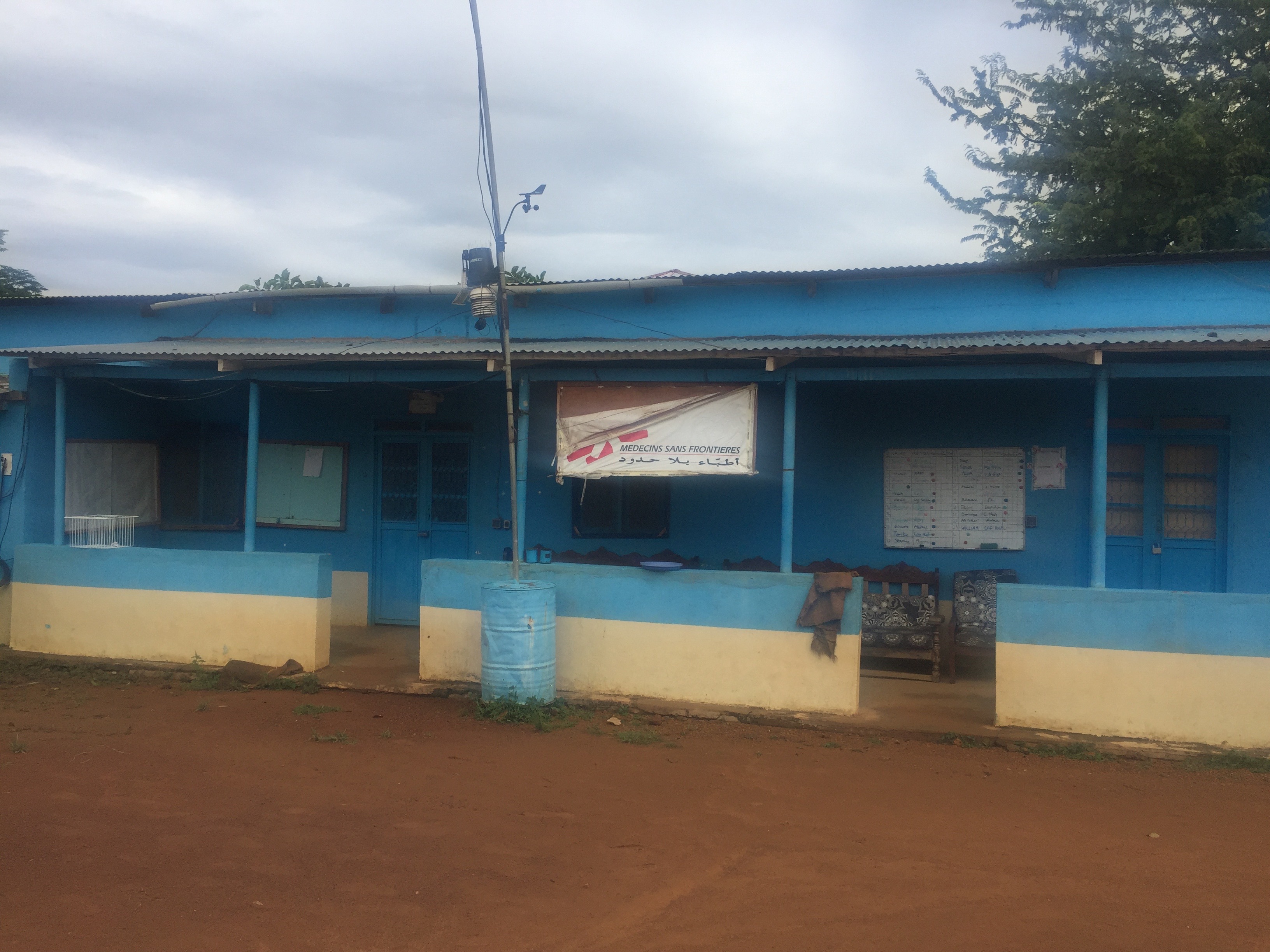
There is a shortage a surgical providers in Sub-Saharan Africa, and especially in countries that do not provide access to formal surgical training programs, such as South Sudan. One of the potential solutions to this shortage of providers is training and validating non-surgeon physicians (NSP) to perform surgical procedures, which is called task-shifting or task-sharing. In 2019, a partnership between MSF Operational Center Paris (OCP) and UBC-BGSC was formalized to create a surgical task-sharing curriculum, in order to help build capacity in MSF-surgical projects in South Sudan, with a Memorandum of Understanding signed in March 2021.
A team of UBC affiliated professors designed an Essential Surgical Skills (ESS) curriculum, targeted for implementation in Aweil, South Sudan. Experienced specialists were chosen for designing each module, based on their expertise in their field as well as global surgery experience.
In May 2019, an MSF surgeon-trainer was deployed to Aweil, on a one-year contract, to support the ESS training program. In June 2019, three clinical officers working at Aweil hospital were recruited to the ESS training program, based on their medical knowledge (successful completion of pre-test) and motivation to pursue further surgical training.
The training officially began July 1, 2019. This project is led by BGSC Associate Director, Dr. Emilie Joos, who was scheduled to travel to Aweil in March 2020 to supervise and
support the training program, however this was cancelled due to COVID-19. Most of the training is online and was completed as planned in December 2021.
A five-year memorandum of understanding between UBC Department of Surgery and MSF-France has been signed in 2021 which will pave the way for continued collaboration in the future. The team is now in the planning stages to replicate the program in French in the Central African Republic (CAR) in 2022.
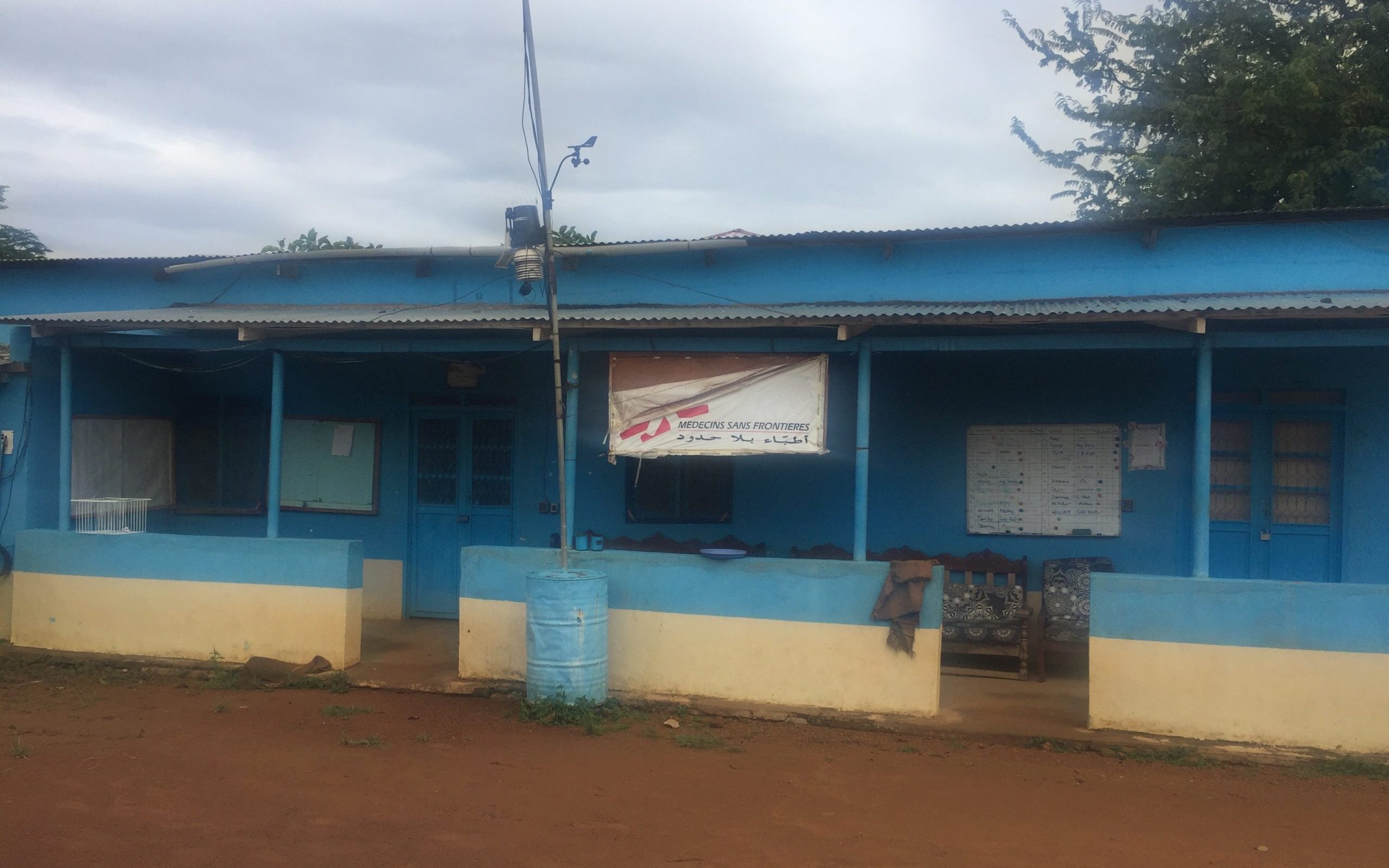
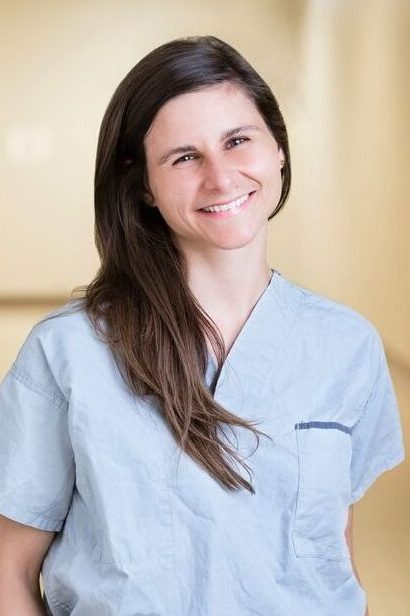 Project leader: Dr. Emilie Joos
Project leader: Dr. Emilie Joos
Dr. Emilie Joos is a practicing general surgeon and trauma surgeon at Vancouver General Hospital. At the completion of her surgical critical care training, she was appointed as a clinical instructor in trauma at University of Southern California. Dr. Joos participated in a volunteer mission to Haiti with the Medishare project, where she taught basic trauma care to local healthcare providers.
Dr. Joos completed a Masters in Global Health Policy at the London School of Hygiene and Tropical Medicine in 2019. She has been working with Médecins Sans Frontières since 2015 and was deployed several times in Sub-Saharan Africa. In 2017 she completed her Emergency Response Unit training with the Canadian Red Cross and is now on the roster for deployment. Dr. Joos is the Associate Director of the UBC Branch for Global Surgical Care and the Trauma and Acute Care Surgery Fellowship program director, instructor for the Advanced Surgical Skills for Exposure in Trauma, and Advanced Trauma Life Support course director.
